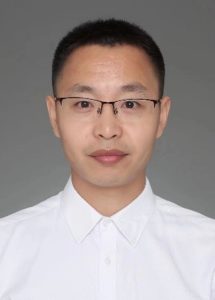Read Zhanhua’s Emerging Investigator article, Covalent adaptive networks with repairable, reprocessable, reconfigurable, recyclable, and re-adhesive (5R) performance via dynamic isocyanate chemistry, DOI D3PY00944K.
Check out our interview with Zhanhua below:
How do you feel about Polymer Chemistry as a place to publish research on this topic?
In my opinion, the topic about developing polymer materials with repairable, reprocessable, reconfigurable, recyclable, and re-adhesive (5R) performance via dynamic isocyanate chemistry quite fits the scope of the journal Polymer Chemistry since the dissociation mechanism on the isocyanate chemistry are discussed in detail in this review article.
What aspect of your work are you most excited about at the moment and what do you find most challenging about your research?
What I am most excited about my work is my current study can make a contribution to develop sustainable polymer materials. The most challenging aspect about my current research is how to realize the industrialization of 5R polymer materials.
In your opinion, what are the most important questions to be asked/answered in this field of research?
The most important questions to be asked/answered in this field of my research is how to balance the 5R performance and the service stability and mechanical performance.
Can you share one piece of career-related advice or wisdom with other early career scientists?
In my opinion, it would be very difficult to engage in a new field, but after persisting for a period of time, you can continuously learn and grow in this process, and will definitely become an expert in this field.











